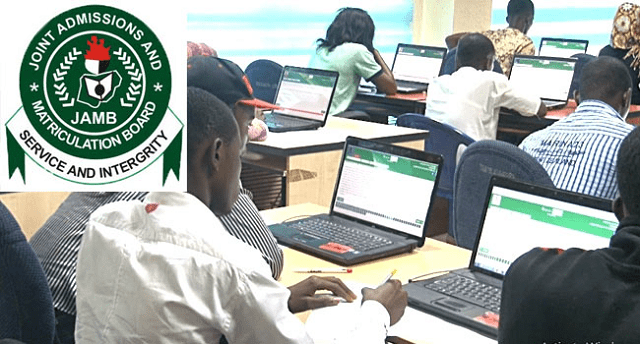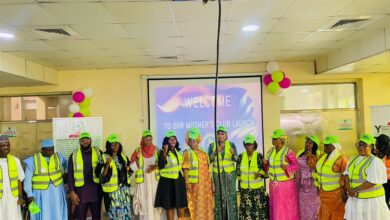Nigeria Launches Teacher Management Information System In Eight States

In a bid to nip the country’s learning crisis in the bud, Nigeria has kick-started a National Teacher Management Database to monitor teacher recruitment, deployment, evaluation, and professional growth.
Speaking at the launch of the Teacher Management Information System (TMIS) in Abuja on Tuesday, July 25, 2023, Chief Education, UNICEF Nigeria, Saadhna Panday-Soobrayan said the country was plagued with high number of out-of-school children and also a severe learning crisis in which 3 out of 5 children in the country were unable to read a simple sentence or perform basic numeracy skills.
Soobrayan noted that, “in the midst of this, we have a fantastic workforce, the 1.8 million strong teacher workforce that is essentially the heart of the educational system. We can use different aides and technologies different things to support teaching and learning but ultimately, experiences from across the world show that if you want to improve the quality of teaching and learning, it happens through the human interaction between the student and the teacher”.
Consequently, she averred that, the responsibility of the educational system was to get the right teacher in the right classroom at the right time, and this must be done in every single school across the country.
Expounding on the need for a centralised teacher data system and how it can improve teacher performance, the Education Chief said TMIS would help in
deploying them to where they are needed the most:
“We need very good quality data to manage the recruitment of teachers, the deployment of teachers and to ensure that there is good performance management of teachers and to make sure that they are replacing teachers in the system as they get older and retired and exit the system.
“TMIS is the tool to improve teaching and learning factors, ultimately, it is not just about collecting data, we are collecting data to make sure that we have the right teacher in the right places but ultimately it is about improving learner performance”, she stated.
Furthermore, she emphasised that, “this is not a UNICEF system, it is a system that belongs to Government, Federal Ministry of Education, UBEC, Teachers Registration Council of Nigeria, National Teachers Institute, all the Government entities, UNICEF just happened to provide technical support with financial support from partners like FCDO to be able to bring this system to life.
In his remarks, Executive Director of the Universal Basic Education Commission (UBEC), Dr. Hamid Bobboyi who was represented by the Director Teacher Professional Development of the Commission, Mr Mayowa Aleshin averred that improving learning outcomes is hinged on the quality of teachers in the system:
“If we are to look at this variable, we need to manage it properly and effectively. TMIS is very vital to this management as it will help us in gathering and managing data. It will help us in effectively planning for teachers, their recruitment, teacher development program, and their deployment.
“One of the things that TMIS will help us to do is to look at attendance in the class and to also manage instructional time in the classroom.
“Utilising this platform will help us greatly in improving the quality of teachers we have, improving the data of teachers we have, improving the delivery in the classroom, managing the needs in the school and ultimately improving learning outcomes in Nigeria”, Bobboyi said.
On his part, UNICEF Education Manager, Jutaro Sakamoto said the new data system would among other benefits, allow the Government and other stakeholders plan, manage and deploy resources better.
TMIS is a software application designed to streamline and automate various administrative tasks related to managing teachers in educational institutions.
It serves as a centralised database that enables efficient storage, organization, and retrieval of information relating to teachers, their professional development, performance, and other relevant data.
The eight TMIS pilot states include; Bauchi, Borno, Kaduna, Kano, Katsina, Sokoto, Zamfara, and Yobe.
TMIS provides educational institutions (schools, ministry of education, its agencies, and parastatals), with a comprehensive solution to effectively manage their staff (teaching and non-teaching staff).






